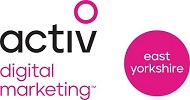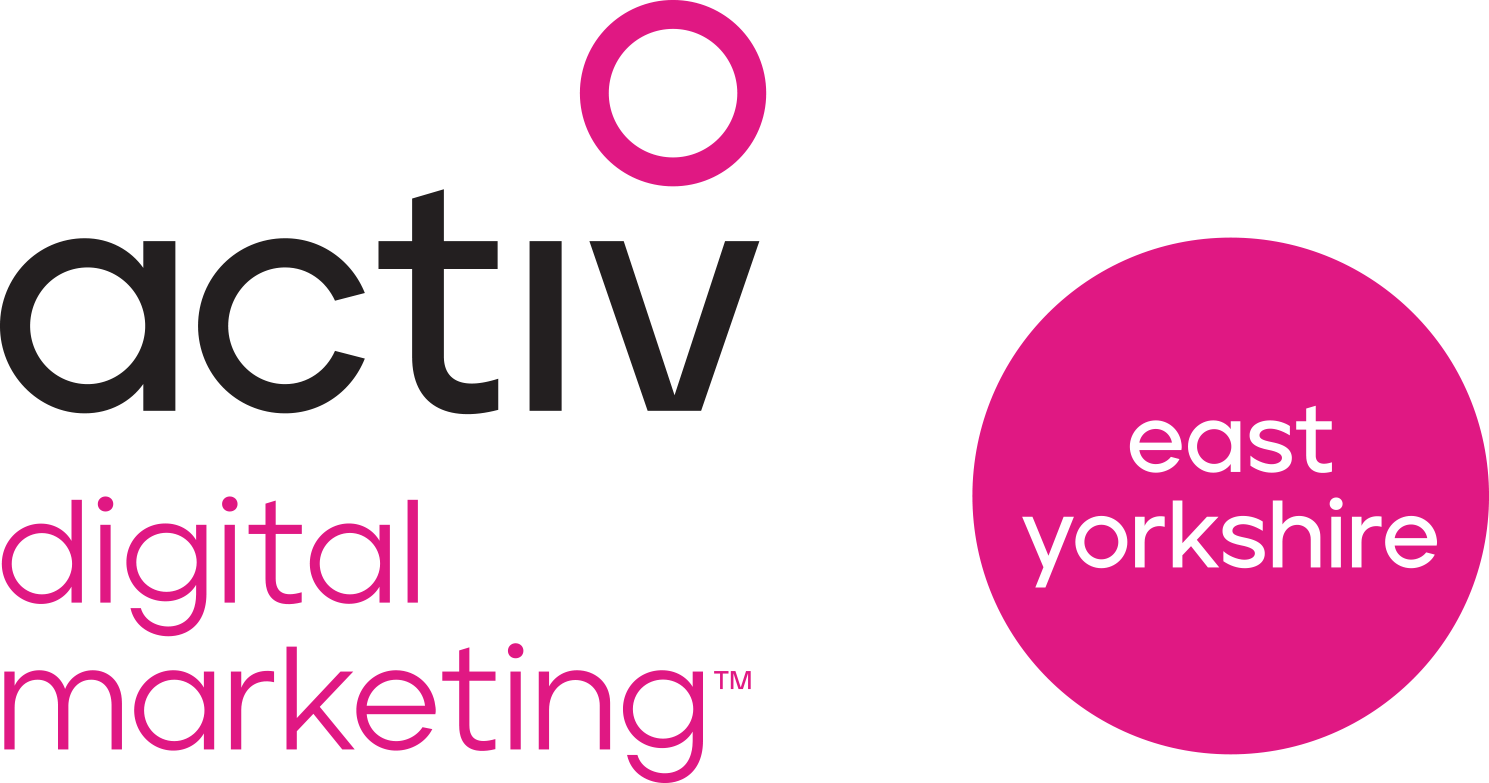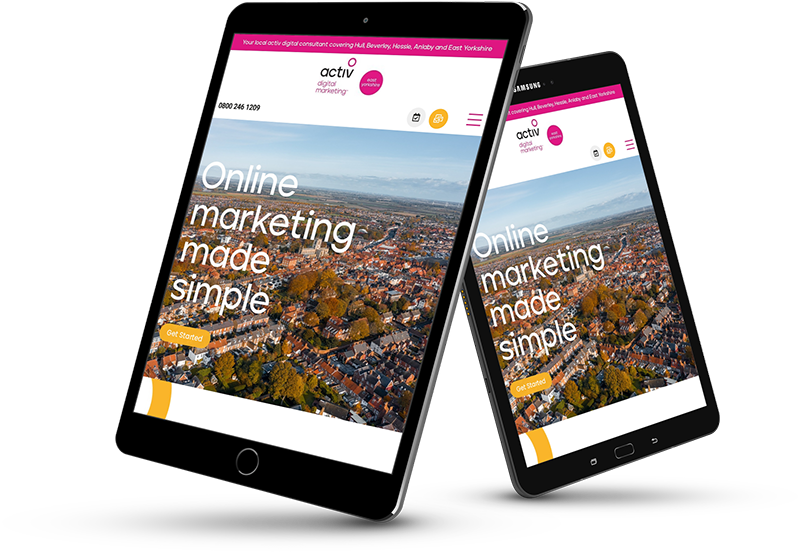Before you even start building your website there are some important steps to take. You need to understand your businesses vision, what are you trying to achieve, what are you trying to communicate to your customers. Is your website going to be primarily informative or are you selling directly from the site (or both).
Build a plan of action, map out the structure of your website, follow the users journey and navigate your websites map it’s much easier to make changes at this stage. Make sure that your design leads the customer to where you want them is it a call-to-action or to a product or service they can purchase on the site.
Keyword Research
All website owners should perform keyword research (or get someone like us to do it) you need to understand what your potential customers are looking for on a search engine.
Once you have found your keywords make sure to include them in your website content, titles and meta-data.
On-Page SEO
One of the most important steps in your SEO strategy and is often overlooked in “self-builds” this includes (not a full list).
- Optimising titles for SEO
- Meta-data
- Content
- Speed
- Responsiveness (Mobile friendly)
- Image optimisation (size and naming)
- Caching
- Unique and high quality content
As they say “Content is king” so make sure your content is high quality, shareable and of course readable.
Search Intent
You need to know what potential customers are searching for when looking for your products or services. This step is as important as your keyword research.
Technical SEO (Website)
A really important step, Google uses many things to rank your site (and doesn’t give us much information on this) but we do know that these are important
- Page Speed
If your web page takes too long to load you will lose visitors before they see your content. We do know that Google uses page speed as a ranking factor.
- Responsiveness
Your website must look good on any device, gone are the days when you designed a page for a desktop/laptop PC or MAC, your potential customers are just as likely to be using a tablet or mobile to visit your website
- Website Indexing
Your new website needs to be submitted to all of the major search engines if the search engine hasn’t indexed your site, you won’t rank in the search results.
Backlinks
Probably the part that most people have difficulty with, this is other websites linking to your website, what this does is tells the search engines that your site is relevant and popular with visitors. Typically, the more backlinks you have the higher your site will rank (a proviso is that the site linking to you has to be a good, safe site).
You can get backlinks by submitting good posts to related, relevant websites (don’t forget to include your URL in the post), however, some websites will stop search engines following your link.
Website CTR
CTR or Click-Through-Rate refers to the percentage of people who click on your website link after seeing it in search results. Usually the higher the CTR the higher your ranking.
If you want to increase your CTR look at the following:
- Optimise title tags
- Optimise meta-data
- Add rich snippets (Adds information that appear in the search results)
- Add schema information (gives search engines more information about your site)
Internal Linking
This should be done when designing your website and how pages relate to each other, this helps the website to crawl your site when indexing as well as giving the website visitor a richer experience and an easy way to navigate your content.
Old Content
Update your website and content regularly, this lets the search engines know that your website is active and relevant.
Keep Analyzing Your Work
Don’t forget to analyze your SEO results regularly, change what isn’t working and repeat what is working.
And Finally!
Once you have your website don’t simply forget about it, unfortunately it’s a never ending task, when you launch your website the journey is just beginning, as a minimum you need to:
- Update your site regularly
- Optimise any new content for your chosen keywords and phrases
- Keep marketing if people don’t know about you, they won’t find you
- Always add your URL to posts
Book a FREE Meeting
If you would like a 30 minute meeting to discuss your project (Phone, Face-to-face or Zoom)
Before you build your website, you may want to read this post here.



